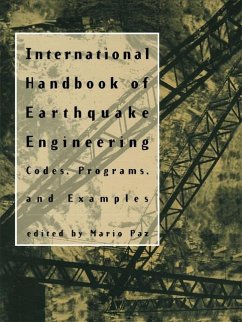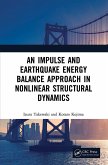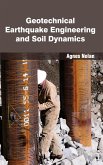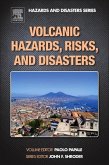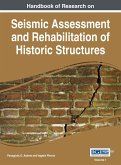This unique handbook compiles essential information on the theory, regulation, analysis, and design for the construction of seismically safe structures throughout the world in one comprehensive volume. The book begins with a section covering the fundamentals of earthquake engineering, serving as an up-to-date overview of structural dynamics. The focus of the book is on approaches to earthquake engineering from around the world. Experienced engineers from thirty-four countries present their national seismic codes and demonstrate their application with quantitative examples. Seismic codes of seismically active countries are included, from Mexico to Italy to Egypt to India. Each chapter details a country's geography and geology; history of recent significant earthquakes; and the socioeconomic context of the seismic code and its implementation. An appendix serves as a ready reference on the different methods of measurement of earthquake magnitude and intensity in seismically active countries. In addition, the chapter authors have developed easy-to-use computer programs of the code to specific structures. A convenient order form at the end of the book allows readers to order the program as a set, and they are available individually from the chapter authors. Engineers, professionals, and students involved in the design, construction, maintenance, and regulation of seismically safe structures throughout the world will benefit from this broad and accessible handbook. Mario Paz is Professor of Civil Engineering at the University of Louisville, Kentucky. He has been Head of the Department of Statistics with the Government of Chile, and has consulted on structural dynamics and earthquake engineering with numerous government agencies and industrial companies. In addition, he is the author of the widely used textbook STRUCTURAL DYNAMICS:THEORY AND COMPUTATION, now in its third edition in English and translated into several other languages.
Hinweis: Dieser Artikel kann nur an eine deutsche Lieferadresse ausgeliefert werden.
Hinweis: Dieser Artikel kann nur an eine deutsche Lieferadresse ausgeliefert werden.

